Rev. Robert W. Castle Jr., 83; activist Episcopal priest became film actor
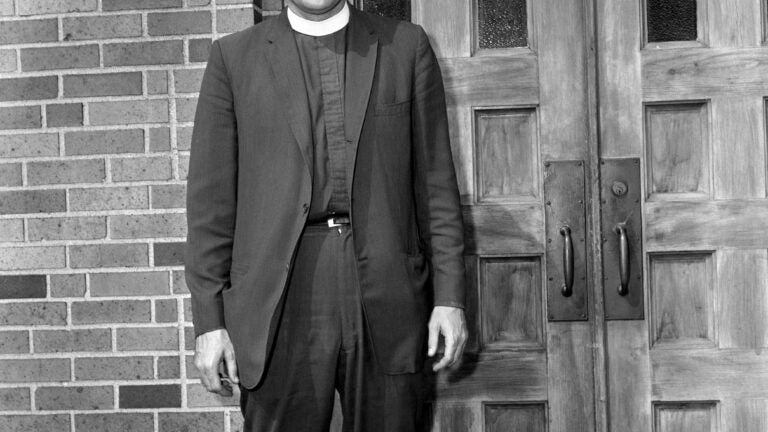
NEW YORK — The Rev. Robert W. Castle Jr., an outspoken Episcopal priest in Harlem who was the subject of Jonathan Demme’s acclaimed 1992 documentary, ‘‘Cousin Bobby’’ — and who went on to a film acting career as a result — died Oct. 27 at his home in Holland, Vt. He was 83.
The death, of natural causes, was confirmed by his family.
Rev. Castle, who really was Demme’s cousin, was the rector of St. Mary’s Episcopal Church, a largely black and Hispanic congregation on West 126th Street
, from 1987 until his retirement in 2000.
There, he ran an energetic ministry in which spirituality and social action were indissolubly linked, relishing his role as ‘‘an obdurate whirligig fulminating against the establishment,’’ as N.R. Kleinfield wrote in The New York Times in 1996.
Demme, the Oscar-winning director of ‘‘The Silence of the Lambs’’ and other feature films, had been out of touch with his cousin for decades. In the late 1980s, he read a newspaper article describing Rev. Castle’s practice of plastering irate notices on the windshields of cars that were parked illegally on the church sidewalk, blocking congregants’ access.
That the vehicles in question were police cars did not deter Rev. Castle in the least.
Could this genteelly combustible, professorially rumpled priest, Demme wondered, be his long-lost cousin Bobby Castle, a former star athlete 15 years his senior?
‘‘I thought: ‘Good Lord. I wonder — no, that couldn’t possibly be cousin Bobby,’ ’’ Demme said on NPR in 1992. ‘‘The good Bobby Castle would never be trashing police cars, for heaven’s sake.’’
But he was — and then some. Over his years in the pulpit, first at St. John’s Episcopal Church in Jersey City, where he was the rector from 1960 to 1968, and later at St. Mary’s, Rev. Castle fought city hall in all its incarnations.
In the 1960s, he marched in Mississippi with the Rev. Martin Luther King Jr. He opened his church, and his home, to meetings of Students for a Democratic Society and the Black Panthers. He picketed banks and restaurants for failing to hire minorities. Later, at St. Mary’s, he brought in a priest to say Mass in Spanish.
He marched against the Vietnam War, preached against the death penalty, and fought gentrification of the urban neighborhoods he served. In Jersey City, lobbying for cleaner, safer streets, he once dumped vanloads of garbage outside City Hall. In Harlem, to call attention to an unfilled pothole or a much-needed traffic light, he sometimes preached in the middle of the street.
Rev. Castle picketed other churches, including the Cathedral of St. John the Divine, his neighbor in New York, to protest a service there honoring General Colin L. Powell and other participants in Operation Desert Storm. In New Jersey, he picketed his own bishop for belonging to segregated clubs.
Hepicketed himself, joining ranks with workers seeking a better contract from St. Mary’s Episcopal Center, an AIDS hospice he founded in Harlem.
Rev. Castle was arrested so often that, as Demme’s film relates, his children were entirely accustomed to asking, ‘‘How much is the bail, Mom?’’
‘‘He was an angry white man, I’ll tell you,’’ Demme said by phone Tuesday. ‘‘He really found fault with so many ways that people of color are treated in America; it infuriated him. That said, he was a lot of fun.’’
Rev. Castle’s crackling on-screen presence in ‘‘Cousin Bobby’’ led to roles in more than a dozen fiction films. Among them was ‘‘Philadelphia’’ (1993), directed by Demme, in which he played Bud Beckett, the father of the young lawyer Andrew Beckett, who is dying of AIDS. Andrew Beckett was played by Tom Hanks.
While unfazed by civil disobedience and its consequences, Rev. Castle quailed at the prospect of kissing Joanne Woodward, who played his wife, Demme later said.
His other films for Demme include ‘‘Beloved’’ (1998) and ‘‘Rachel Getting Married’’ (2008). His films for other directors include ‘‘The Addiction’’ (1995), directed by Abel Ferrara, in which Rev. Castle exercised his priestly prerogative by performing an exorcism on Lili Taylor.
Robert Wilkinson Castle Jr. was born in Jersey City, N.J., on Aug. 29, 1929. He earned a bachelor’s degree from St. Lawrence University in Canton, N.Y., where he was an all-America quarterback, followed by a degree from the Berkeley Divinity School in New Haven.
As a divinity student, he was assigned to work in a black parish on the Lower East Side of Manhattan. The experience, he later said, helped forge his commitment to civil rights.
In the late 1960s, after leaving his pulpit in Jersey City — he had proved enough of a thorn in the diocesan side that no other parish was open to him — he moved with his family to Vermont, where he ran a general store and did social service work.

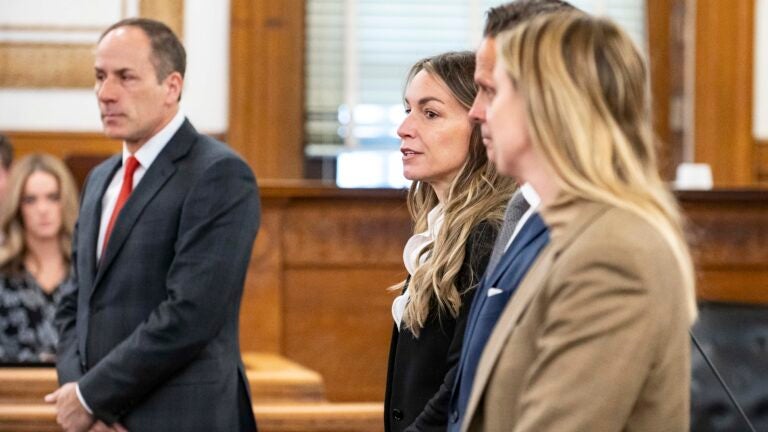
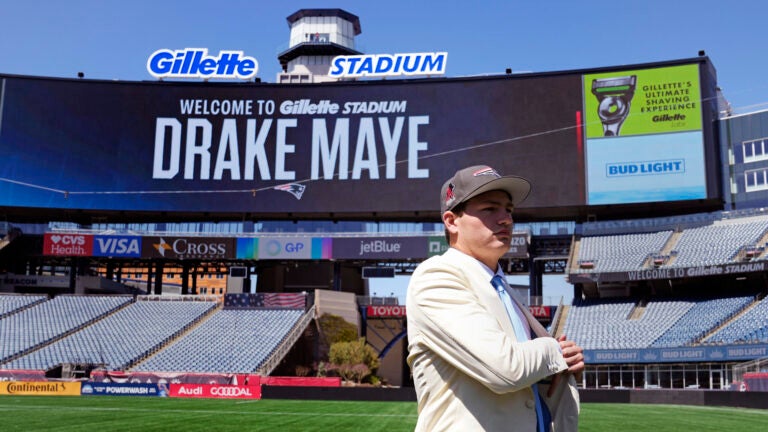
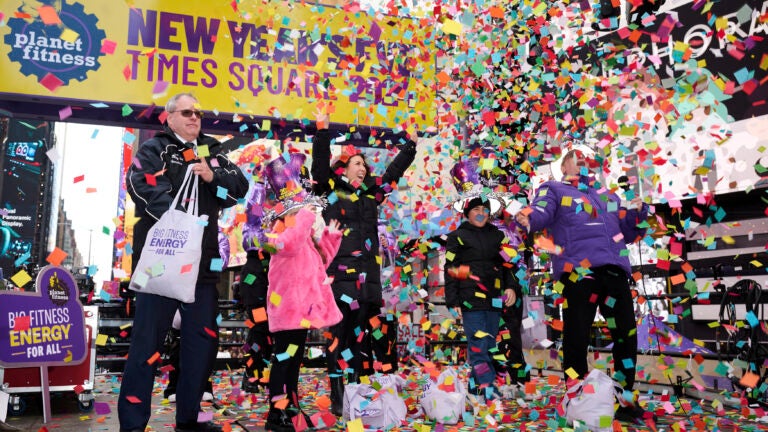
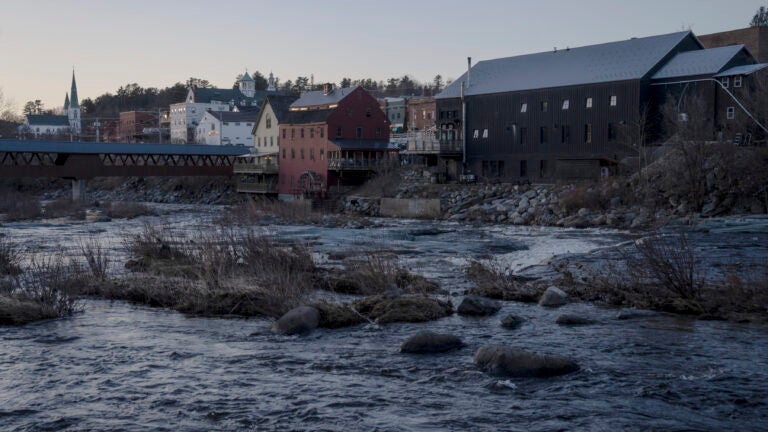
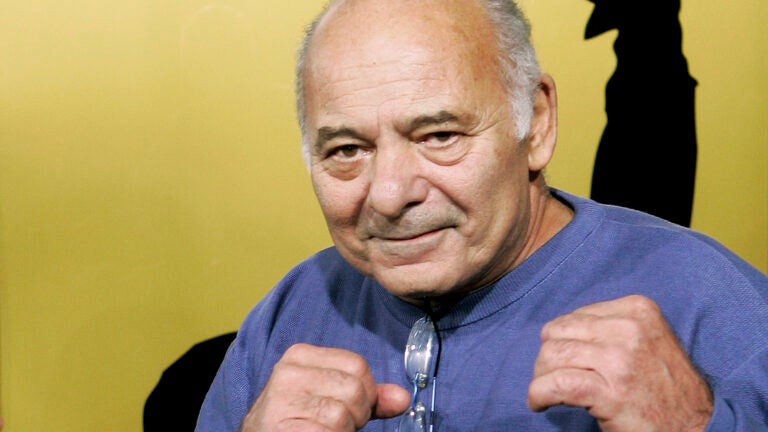

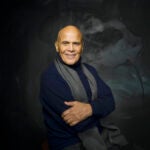
Conversation
This discussion has ended. Please join elsewhere on Boston.com